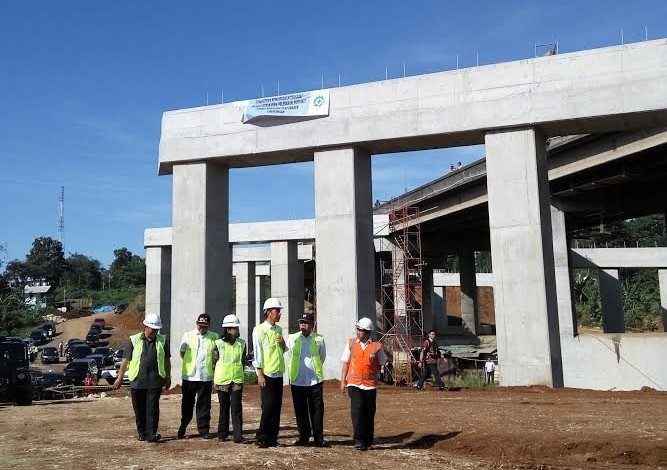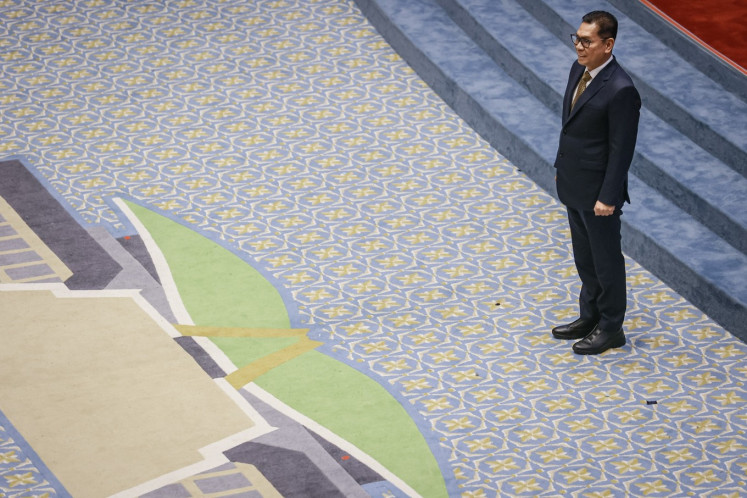Popular Reads
Top Results
Can't find what you're looking for?
View all search resultsPopular Reads
Top Results
Can't find what you're looking for?
View all search resultsAusterity amid uncertainty
Change text size
Gift Premium Articles
to Anyone
S
et against the global economic downturn and rising protectionist trend, President Joko “Jokowi” Widodo presented to the House of Representatives a 2020 draft state budget that is rightly designed to focus on maintaining macroeconomic stability and mitigating downside risk from external factors.
The United States-China trade war, fear that the United Kingdom will leave the European Union in October without a deal, and the ongoing turmoil in Asia’s second largest financial center of Hong Kong have indeed rattled business confidence and even fueled fears of a perfect economic storm.
Capping the fiscal deficit at 1.76 percent of gross domestic product, down from 1.93 percent projected for 2019, and total spending nearly flat at Rp 2.53 quadrillion (US$176 billion) in terms of this year’s budgeted expenditures, the 2020 draft budget is realistic. This will assure the market that fiscal management will remain prudent to maintain macro and policy stability, as well as funding for existing policies.
As Jokowi promised in his election campaign, the budget’s spending priority is human resource development. If we combine the planned expenditures on education — including vocational training — health and social protection programs, human resource development will take up to Rp 1.02 quadrillion, or 40 percent of total spending in 2020.
The second spending priority is infrastructure development, with a total budget of Rp 419 trillion, a mere 2 percent increase from this year. But this is only a fraction of the financing need for infrastructure development, which the government has estimated at more than $80 billion annually for the next five years. The draft budget therefore offers a wide variety of government incentives and assistance to stimulate private investors to take on a bigger role through the public-private partnership scheme.
Given the continued grim outlook for the export market, private consumption and investment will continue to be the main drivers of economic growth. As a result, the government will step up measures to control inflation so the consumer price index is checked at about 3 percent in order to protect the people’s purchasing power.
The business climate and the licensing system is to be improved and bureaucratic reform accelerated to invigorate investment and new start-ups.
However, the real test of the government’s inflation-control policy will come when international oil prices rise above $65 per barrel, the average oil price assumption for the estimated Rp 62.2 trillion fuel subsidy. A higher-than-assumed oil price will also test Jokowi’s pledge, soon after his reelection, that he will not hesitate to take unpopular yet solid measures during his second (and final) term, for the good of the economy in the long run.
The government’s conservative projection of 5.2 to 5.3 percent economic growth next year, almost flat compared to this year’s estimated growth, is a relatively comfortable level for the business community, since the growth target is used as the basis for estimated tax receipt. Too high a growth target could signal an overly vigorous tax collection drive, to the point of harassing businesses.










